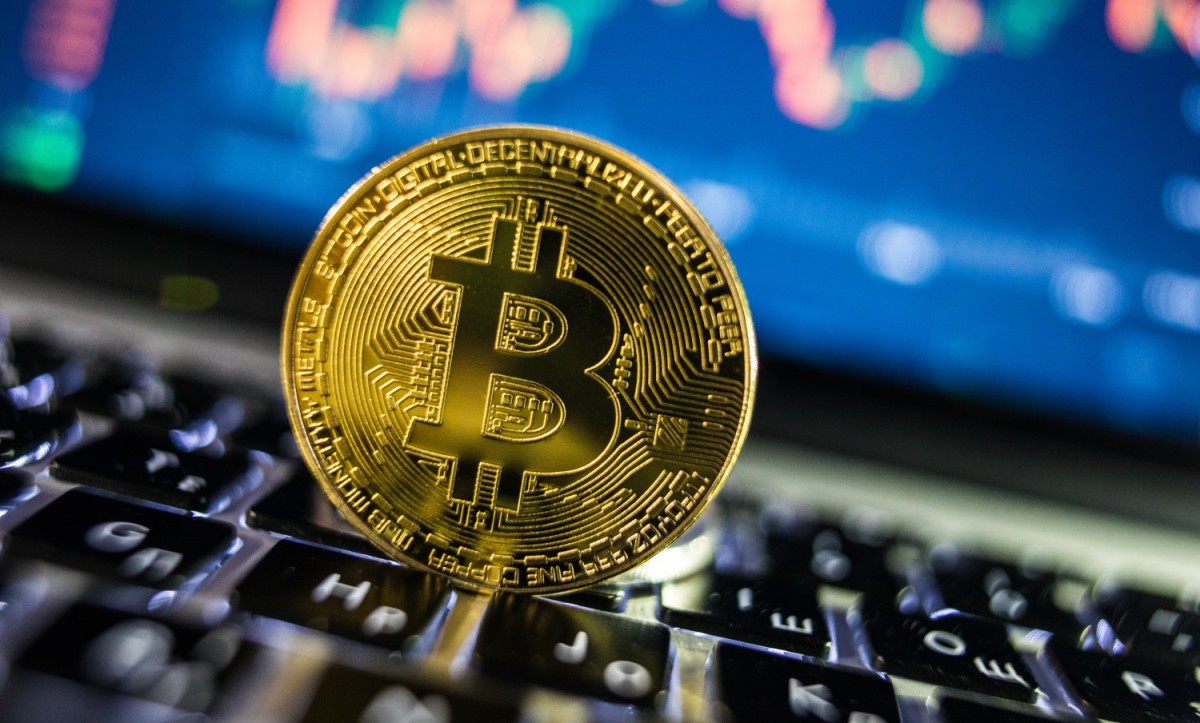The Truth About Investing In Bitcoin
Will you be joining the Bitcoin club?

The Truth About Investing In Bitcoin
I’ve decided to write this short article like a quick ”Bitcoin for Dummies". In my involvement in Cryptocurrency over the years I found out that very few people really understand what it is. So in writing this quick article I hope a few people might stumble across it and it’ll be enough to spark some interest to research it some more. I’ve broken it down to "what is bitcoin and why is it valuable”, "where does it come from”, “should you invest” and "the downside“.
What is Bitcoin and why is it valuable?
Bitcoin first and foremost doesn’t have any intrinsic value in the sense that most people understand. Like Gold for example. But like regular Fiat Money that gets its value from the strength of the economy it serves, the ability of the country to produce and trade, and the military complex amongst other things, Bitcoin gets its value from the technology behind it, the fact that it has scarcity (there will only ever be 21 million Bitcoins) and the fact that it isn’t controlled by a central organisation like the Bank Of England of the US Federal Reserve. The reason that last part is important is because there are millions of people all over the world who will benefit greatly by having a digital currency that can be spent and transferred from person to person without the need of banks or governments who can freeze accounts and seize assets. It also means people in places like Venezuela will have access to a currency that isn’t suffering from hyperinflation and losing its value. Remember the images of people in Zimbabwe using wheelbarrows of money to buy bread?
So let’s just go back to the part about Bitcoin only having 21 million coins. The reason this is important is because basic supply and demand tell us that the value of Bitcoin can never be decreased by an unlimited supply. 21 million coins is a relatively small amount compared to most other stores of wealth or currencies. Once people start to hold onto these coins the harder it will be to buy them and the more the value will go up. This is in stark contrast to the US government printing several trillion dollars in physical cash to keep the economy afloat during the COVID pandemic. That $20,000 you have saved won’t buy you as much in 5 years as it did 5 years ago. That’s the power of inflation.
So where does Bitcoin come from?
Well, the short version is that computers or "mining farms" use vast amounts of processing power to solve complex maths equations and are then rewarded with Bitcoins as a result. This is something that requires tens of thousands of dollars' worth of computer equipment and large amounts of electricity usage. This is usually done in places like China where they can make use of cheap/ subsidised electricity. In order to create scarcity, the amount of coin awarded for solving the equations halves roughly every four years. The last time this happened was May 2020. What this means is that the reward for solving the maths equations has been halved to 6 coins instead of 12. When the coins are worth $9500 per coin this becomes less profitable for the miners which cause them to shut down the mining farms. This in turn stops the flow of coins into the market and what happens to things of value when they become scarce? The value goes up. Which is what the holders of Bitcoin are hoping for. This is what they’ve all been talking about.
Once the value of the coins increases then the reward for mining will become profitable again. And the whole cycle will continue.
Should You Invest In Bitcoin?
There’s no straight answer to this question unfortunately. I'll start by telling you to avoid the YouTube videos, forums and TikTok Finance gurus. They all exist in echo chambers. And if you search for Bitcoin news on google you get pages and pages of results that take you to oddly crypto-centric websites that look and read like they’re run by 14-year-olds. You'll be hard-pressed to find an established, we regarded finance publication like the FT that talks about Bitcoin and echos the claims that Bitcoin is poised to hit $100,000, $250,000, or even $1,000,000 per coin in the next few years.
How do I know it won't? I don't. And that’s the point. Nobody does. I can’t, Warren Buffet can’t and your guy on YouTube can’t.
So you still don’t know if you should invest right? I’d say that you should approach this the same way you approach any other investment opportunity. Look at what your risk tolerance is and look to invest what you can afford to lose. I honestly believe that Bitcoin and most other Altcoins will appreciate in value over time. But it’s not for the faint of heart. Take a cost dollar average approach and only check the price once in a blue moon. If you’re looking for amazing gains then you’re in it for the long haul. Look toward the horizon at 10 - 15 years. That’s when you’ll see the payoff. Don’t go selling your house because you’re afraid you’ll miss out on the huge gains. You won’t. Bitcoin is still in its infancy and it has a long way to go.
The Downside
The thing holding cryptocurrency back is mass adoption by the general public. From what I’ve been able to gather over the years is people either still don’t know what Bitcoin is, they have heard of it and don’t understand it or they think it’s illegal and it’s only used to buy drugs and guns from the darknet. The reality is that it has very little real-life application at the minute (although companies are starting to adopt blockchain technology). The long and short of it is that, if you can’t pay for food, household bills and fuel for your car with it then the general population won’t be interested. It’ll be something that exists on the fringes. Chances are it’ll be Venezuelans, Africans and The Chinese that adopt and drive Bitcoin forward before it reaches the masses in the west. But maybe they need it more than us.
This article is accurate and true to the best of the author’s knowledge. Content is for informational or entertainment purposes only and does not substitute for personal counsel or professional advice in business, financial, legal, or technical matters.








